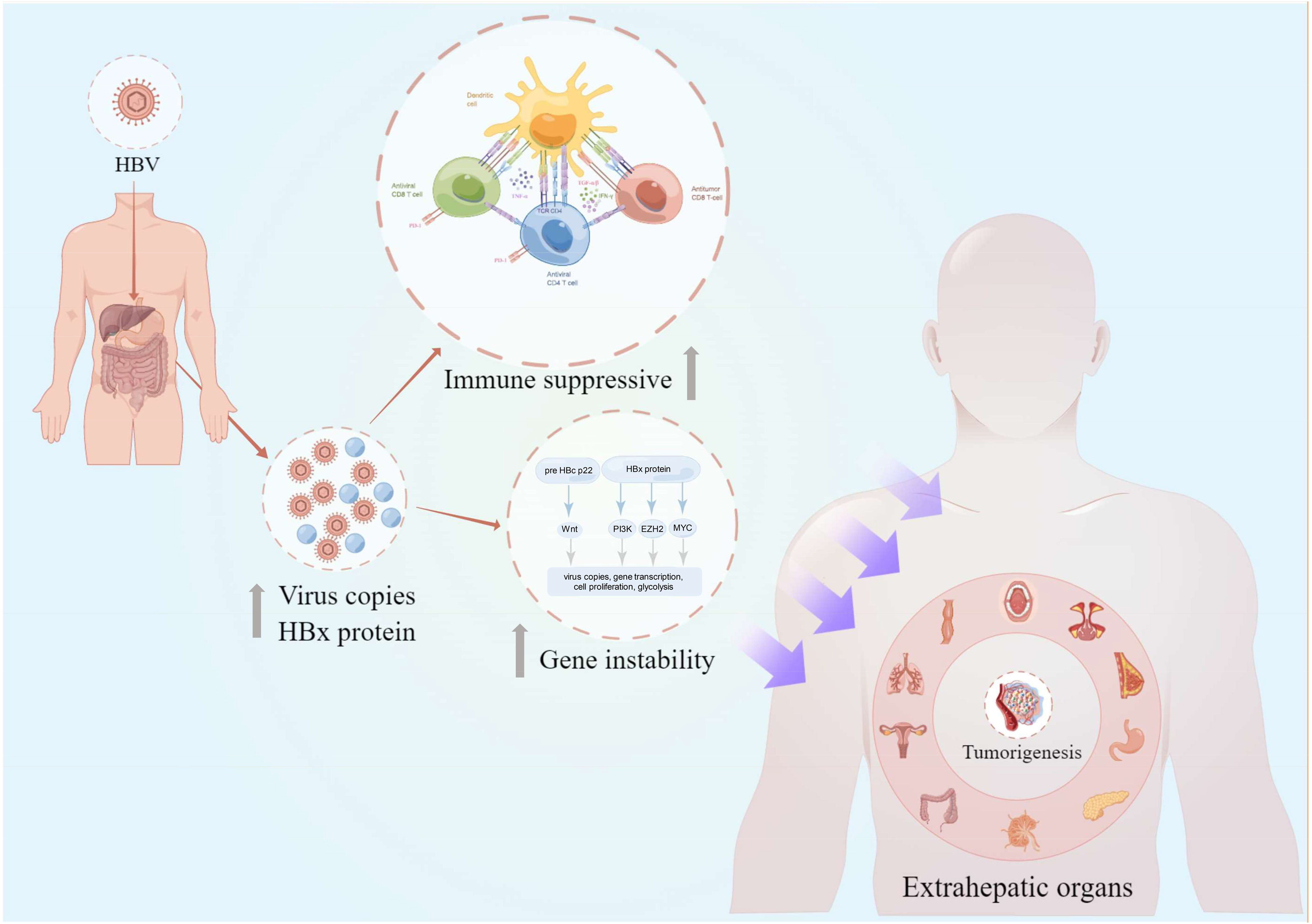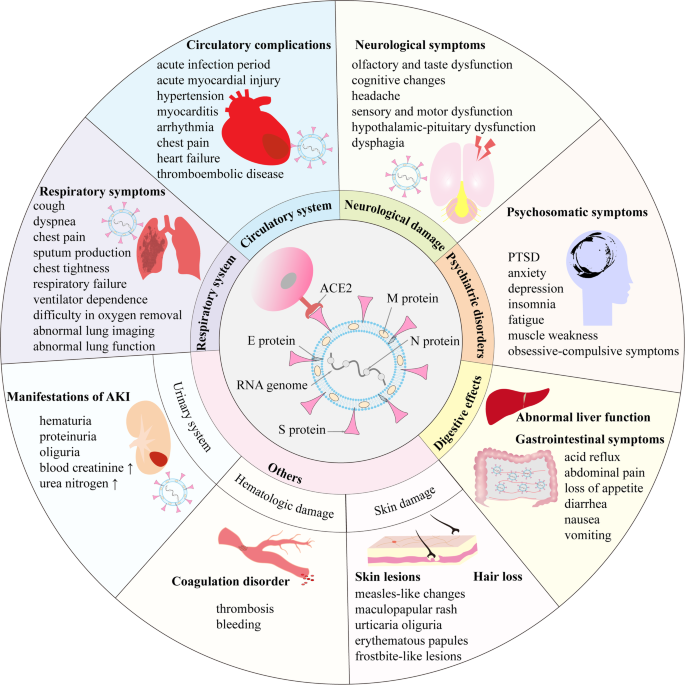Hepatitis B: A Global Health Challenge, Symptoms, Transmission, Prevention, and Treatment
Hepatitis B infection is one of the most widespread liver conditions worldwide, caused by the Hepatitis B virus (HBV). It is a major public health challenge, responsible for millions of cases of chronic liver inflammation, cirrhosis, and hepatocellular carcinoma (liver cancer). Despite being preventable, HBV transmission remains high in many regions due to lack of vaccination and limited awareness.


Understanding Hepatitis B Infection
Hepatitis B is a viral illness that targets the liver, leading to acute or chronic medical disorders.
- Acute hepatitis B develops shortly after exposure and may last for several weeks to months.
- Chronic hepatitis B persists for more than six months and can silently progress to fibrosis, cirrhosis, or liver cancer without early symptoms.
The infection spreads through direct contact with contaminated blood, semen, or other body fluids. Unlike some liver-related conditions, HBV is highly infectious much more than HIV.
How Hepatitis B Spreads (Transmission Routes)
The transmission of HBV occurs in several ways:
- Perinatal transmission: from mother to newborn during childbirth.
- Bloodborne transmission: sharing needles, syringes, or contaminated medical equipment.
- Sexual transmission: unprotected sex with an infected partner.
- Household exposure: sharing razors, toothbrushes, or objects with traces of infected blood.
- Unsafe medical practices: transfusions or surgeries in settings without proper sterilization.
These pathways highlight why hepatitis B infection is both a medical and social issue, requiring strong healthcare strategies for prevention.


Symptoms and Clinical Manifestations
Many individuals infected with HBV do not show early signs. However, once symptoms appear, they may include:
- Extreme fatigue and weakness
- Persistent loss of appetite
- Nausea, vomiting, and abdominal discomfort
- Dark urine and pale stools
- Jaundice (yellowing of skin and eyes)
- Joint pain and fever in some cases
Chronic infection may remain asymptomatic for years while silently damaging the liver. By the time complications such as cirrhosis or liver cancer appear, the condition has often reached an advanced stage.
Diagnosis of Hepatitis B Infection
Modern medical diagnostics provide several reliable methods to detect HBV:
- HBsAg (surface antigen): confirms current infection.
- Anti-HBs antibodies: indicate recovery or vaccination-induced immunity.
- HBV DNA tests: measure the viral load and infection activity.
- Liver function tests (ALT, AST): evaluate the extent of liver damage.
- Ultrasound and FibroScan®: assess long-term complications like fibrosis and cirrhosis.
Early and accurate diagnosis helps prevent progression to serious liver disorders and ensures timely medical care.
Objectives:
Understanding the Link
Investigate how viral hepatitis contributes to the development of liver cancer.
Identify key mechanisms and pathways involved in the progression from hepatitis to cancer.
Epidemiological Studies:
Conduct large-scale studies to assess the prevalence and impact of viral hepatitis in different populations.
Analyze data to identify high-risk groups and geographic areas with higher incidences of liver cancer.
Improving Diagnostics:
Develop and refine diagnostic tools for early detection of viral hepatitis and liver cancer.
Enhance screening programs to identify affected individuals sooner, improving treatment outcomes.
Treatment and Prevention:
Explore new therapeutic approaches and preventive measures for viral hepatitis and liver cancer.
Test the efficacy of existing treatments and develop guidelines for best practices in management.
Public Impact:
Assess the broader impact of viral hepatitis on public health and healthcare systems.
Promote awareness and education on the risks of viral hepatitis and its link to liver cancer.


To achieve PROLIFICA’s objectives and help produce a significant change in the treatment of HBV and HCC in Africa, a unique and balanced team has been put together that has expertise in clinical, diagnostic and basic research in HBV and liver cancer.
It brings together experts from 3 European and 3 West African countries:
France
Gambia
Italy
Nigeria JUTH
Senegal
United Kingdom
Latest activity
HBV
Hepatitis B virus, a liver-infecting virus that can cause acute (short-lived) and chronic (long-lasting) hepatitis (liver inflammation).
The research from the villages ultimately contributed towards the global implementation of HBV vaccine programme in many resource-poor countries.
The first survey of HBV infection was conducted in 1972-1974 and this revealed that 13% of villagers carried HBV in their blood. Subsequent surveys in 1980 and 1984 assessed the rate of infection on both children and mothers.
It was found out that the majority of children were infected during childhood, especially from their elder siblings.
After the 1984 survey, a pilot project of HBV vaccine started in Keneba and Manduar. Children who had not been infected were given the HBV vaccine, and since then all infants born in these villages have been vaccinated. To examine the efficacy of the vaccine, a survey is conducted every 5 years in the villages. In parallel, people who got infected before the vaccine was introduced have also been followed regularly to study the natural history of infection.
Although the younger generation has benefited from the vaccine, those who had already been infected with HBV were repeatedly told by researchers for more than two decades that unfortunately there was no treatment. However, researchers also promised them, “once the treatment is available in future, you will be the first ones who will benefit from this in this country”
PROLIFICA is now recruiting people who are known to carry the virus in Keneba and Manduar, and is going to assess their risk of liver cancer. High risk individuals will be treated as part of the PROLIFICA Programme.
We offer a 30-day return policy for all products. Items must be in their original condition, unused, and include the receipt or proof of purchase. Refunds are processed within 5-7 business days of receiving the returned item.

The number of liver cancer cases in Africa will double by 2050 unless steps are taken now to treat Hepatitis B
Hepatitis B is an urgent public issue